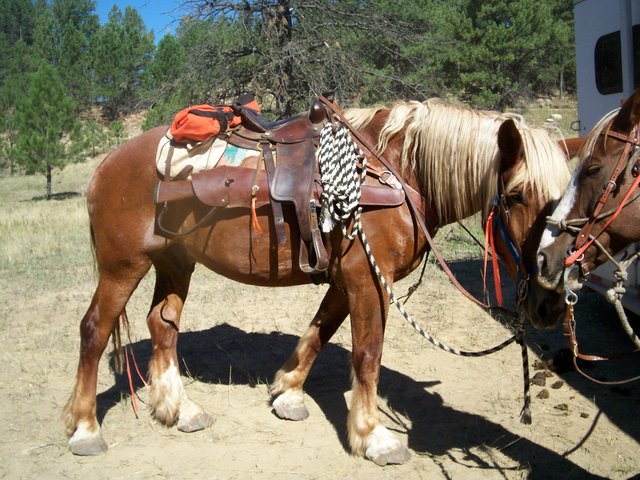Major Dave (retired)
New member
Going to Colorado, 2nd gun season, Oct 17-24, at 9,000 to 11,000 feet elevation. Current weather this week is lows in teens and 20's, highs in 40's and 50's. Must be prepared for 0's and 20's. Could have sudden temp drop and/or snow to 12 inches or more.
So, I think I need to load my day pack mostly with survival gear (tarp, tent pegs, parachute cord, matches, fire starting materials, etc.) and equipment needed to dress and drag out the carcass.(Knives, bone saw, small hatchet, etc.)
What am I forgetting? This is my first such trip, so I'm a "newbbie", at age 68.
Need advice, please. Thanks.
So, I think I need to load my day pack mostly with survival gear (tarp, tent pegs, parachute cord, matches, fire starting materials, etc.) and equipment needed to dress and drag out the carcass.(Knives, bone saw, small hatchet, etc.)
What am I forgetting? This is my first such trip, so I'm a "newbbie", at age 68.
Need advice, please. Thanks.

